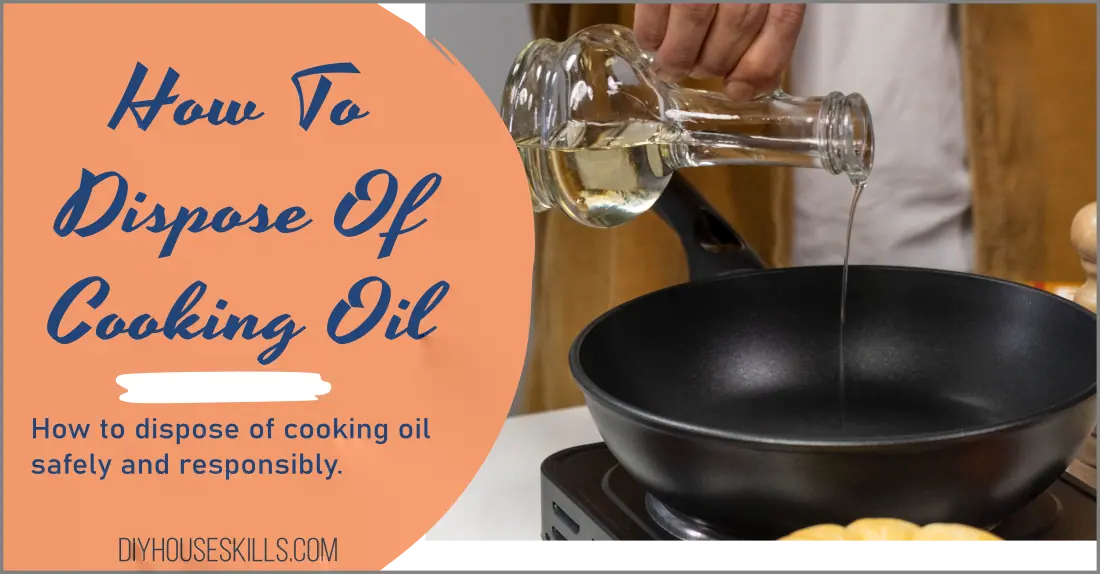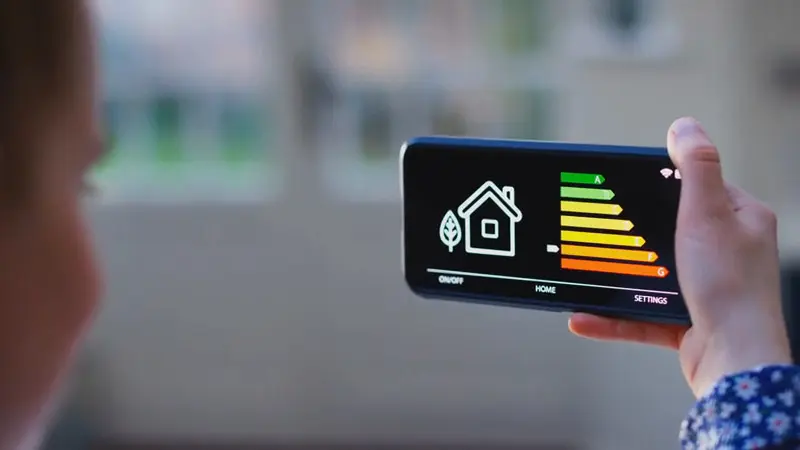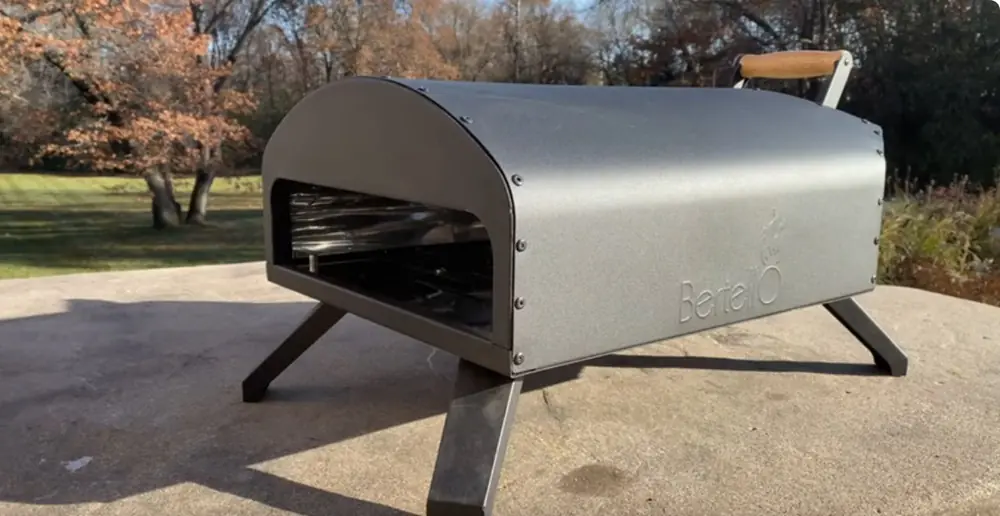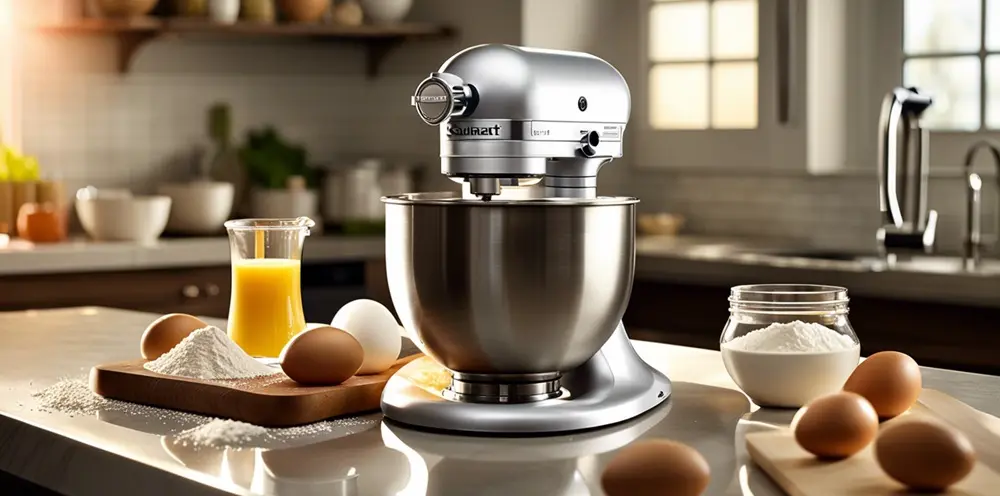When it comes time to dispose of cooking oil, many people don’t know how to do it safely. In this blog post, we will teach you how to dispose of cooking oil safely and responsibly.
After cooking a meal, it may seem like pouring your used cooking oil down the drain is the easiest and best way to get rid of it. This however is not the case. Pouring your used cooking oil down the drain can cause plumbing problems and even attract pests.
So what is the best way to dispose of cooking oil? See below.
Is cooking oil a problem?
Cooking oil can be a problem if it’s not disposed of properly. When cooking oil is poured down the drain, it can solidify and clog pipes. This can cause backups in your plumbing and lead to costly repairs.
How do I safely dispose of cooking oil?
The first thing you need to do is collect your used cooking oil in a container. Once you have a good amount, you can take it to a local recycling center that accepts cooking oil. You can also check with your city or county government to see if they have any programs in place for recycling cooking oil.

Complete Guide to Grease and Cooking Oil Disposal
There are a few steps to dispose of your cooking oil properly:
1. Let the oil cool down: Chill until solid. You don’t want to dispose of hot oil because it can be dangerous. If the oil is still hot, let it cool down to a safe temperature before moving on to the next step.
2. Pour the oil into a container: Once the oil has cooled, find a container that can seal tightly. Pour the used cooking oil into the container and make sure to dispose of any food scraps that may be in the oil.
3. Recycle cooking oil: Take the sealed container of used cooking oil to a local recycling center. You can also check with your city or county government to see if they have any programs in place for recycling cooking oil.
4. Throw away the container: Once you’ve recycled the oil, make sure to dispose of the container properly. Do not pour the oil down the drain as this can cause clogs.
Following these steps will help ensure that your cooking oil is disposed of properly and doesn’t end up causing problems for your plumbing.
Make the process easier with a product that turns used oil into a solid block.
Also Read: How To Use Kitchen Waste Water For Gardening
How to dispose of bacon grease and oil properly?
Bacon grease can be disposed of in a few different ways other than down your kitchen sink. Once you have cooled the bacon grease, you can:
1. Put it in the trash: Wait until the grease has hardened and then dispose of it in the trash.
2. Recycle it: Take the bacon grease to a local recycling center.
3. Feed it to wild birds: Mix the bacon grease with birdseed and put it out for the birds to enjoy. Do this in moderation though as too much grease can be bad for the birds.
4. Purchase a Grease Disposal System: A grease oil disposal system is a great way to dispose of bacon grease and other cooking oils. It is a kit that includes a container and storage bags. You simply pour your grease or oil right into the bag until full, then seal it up and throw it away.
When it comes to disposing of cooking oil, there are a few different options. You can recycle cooking oil, or get creative.
Can cooking oil be thrown away?
You can throw away old oil if you have safely stored it in a sealable container and it’s being disposed of in a landfill. You should never pour oil down the drain as it can clog pipes. Do not throw it away in your yard or garden.
Reuse cooking oil
Store and reuse
A good option is to reuse your cooking oil. You can strain it and use it again for frying or baking. Just be sure to strain it well so that there are no food particles in the oil. You can also pour it into an empty container and store it in a cool, dark place.
According to the USDA.gov food safety webpage: “If the oil is clouded or if the oil starts to foam or has a foul odor, taste, or smell, discard it.”
Just be sure to dispose of your cooking oil responsibly when you’re done with it. Cooking oil can be a problem if it’s not disposed of properly.
Can I pour cooking oil into the garden?
No, you should not pour cooking oil into the garden. Cooking oil can harm plants and animals, and it can also attract rodents and other pests.
Plus it does not break down easily, so it will sit on the surface of the soil and prevent air and water from getting to the roots of your plants.
Also Read: Best Garage Storage System: Organize Your Space
Tips for Reducing the Use of Cooking Oil
If you’re looking to reduce the amount of cooking oil you use, there are a few things you can do:
1. Use a non-stick pan: A non-stick pan is a great way to cook without using oil. You can also use silicone or parchment paper to line your pans to prevent sticking.
2. Roast, bake, or grill: Roasting, baking, and grilling are all great ways to cook without using oil. Try an indoor smokeless grill.
3. Use less oil: If you do need to use oil, try using a smaller amount than you normally would. You may also want to experiment with different oils to see which one you like best.
4. Choose healthy oils: If you do use oil, choose a healthy option like olive oil or avocado oil.
5. Season your food: Seasoning your food can help to reduce the need for oil. Try using spices, herbs, and other flavorings to add flavor to your dishes.
6. Invest in an air fryer: An air fryer is a great way to cook without oil. Air fryers work by circulating hot air around the food, so you can get that fried taste without using any oil.
Also Read: How to Accessorize Your Kitchen Countertop: Tips and Ideas
Where can I dispose of used cooking oil?
The places to dispose of used cooking oil include:
- Recycling center
- Sanitary landfill
- Hazardous waste facility
- Biodiesel processing facility
Check your local laws and regulations to find out where you can dispose of used cooking oil in your area.
Mistakes to Avoid When Disposing of Used Cooking Oil
Avoid these common mistakes when disposing of used cooking oil:
How Not to Dispose of Cooking Oil and Grease:
1. Pouring it down the drain: This is a big no-no. Cooking oil can clog up your pipes and cause all sorts of problems for your local sewer system.
2. Pouring it in the garden: This is another big no-no. Cooking oil can harm plants and animals, and it can also attract rodents and other pests. Plus it does not break down easily, so it will sit on the surface of the soil and prevent air and water from getting to the roots of your plants.
3. Flushing it down the toilet: This is a huge mistake. Cooking oil can clog up pipes and cause all sorts of problems for your local sewage system.
4. Burning it: This is not a good idea. Cooking oil can release harmful chemicals into the air when burned.
FAQs
After deep-frying oil, you should strain the oil to remove any food particles. You can then reuse the oil or store it in a sealable airtight container for oil disposal.
Cooking oil can solidify for a number of reasons. If the oil is exposed to air, it will start to oxidize and solidify. If the oil is stored at a cold temperature, it will also solidify. Solidified oil can still be used, but it may need to be reheated before use.
Restaurants typically dispose of cooking oil by recycling it or sending it to a biodiesel processing facility.
The best way to dispose of vegetable oil is to reuse it or store it in a sealable container for disposal.
No, you should not dispose of vegetable oil by dumping it outside. Cooking oil can harm plants and animals, and it can also attract rodents and other pests. Plus it does not break down easily.
If you have old vegetable oil that you want to dispose of, you can reuse it or store it in a sealable container for disposal.
How to dispose of cooking oil – Summary
Cooking oil can be a problem if you do not properly dispose of it. In this blog post, we have taught you how to dispose of cooking oil safely and responsibly. We have also given you some tips for reducing the amount of cooking oil you use. Remember to check your local laws and regulations to find out where you can dispose of used cooking oil in your area.
- 5 Tips for Picking Appliances: Conquer the Kitchen (and Beyond!)Congratulations, homeowner! You’ve conquered the real estate jungle and landed your dream space. Now comes the fun part (well, mostly fun) – outfitting your new home with functional and stylish appliances! But with so many … Read more
- Top 7 Tech Gadgets for a Smart HomeUpgrade Your Life: Top 7 Tech Gadgets to Transform Your Home into a Smart Oasis Imagine a world where your lights switch on as you walk in, the thermostat adjusts to your perfect temperature before … Read more
- What Is Counter-Depth Refrigerator SizeIn this guide, we will explore the counter-depth refrigerator size in detail, its benefits and considerations, and tips for integrating one into your kitchen layout. We’ll also provide advice on installation and maintenance, ensuring your … Read more
- How To Use Bertello Pizza OvenWelcome to my blog. Today, we’re diving into how to use the Bertello pizza oven and the world of homemade pizzas. There’s something truly special about crafting your own pizza from scratch. And with the … Read more
- How To Adjust Your Cuisinart Mixer: Quick GuideWelcome to the Cuisinart Mixer Adjustment Quick Guide! We will take you through everything you need to know about adjusting your Cuisinart Mixer. Whether you’re a beginner or an experienced baker, this quick guide will … Read more
- Fitbit Aria Scale Troubles? Here’s Your One-Stop Solution Guide!As a long-time fitness enthusiast and technology devotee, I’ve spent countless hours exploring the latest fitness gadgets to optimize my health and wellness journey. And, just like many of you, my path led me to … Read more







